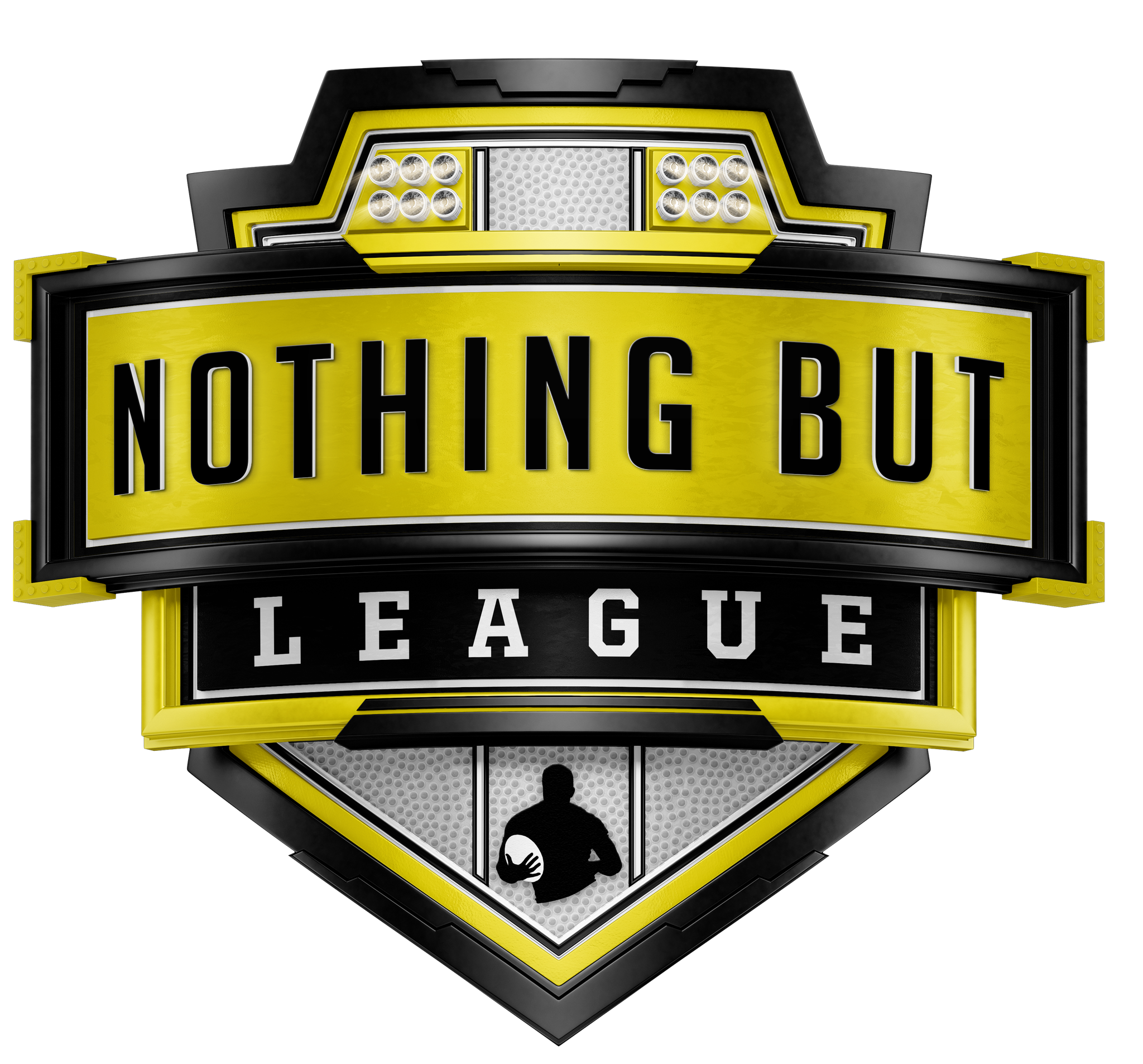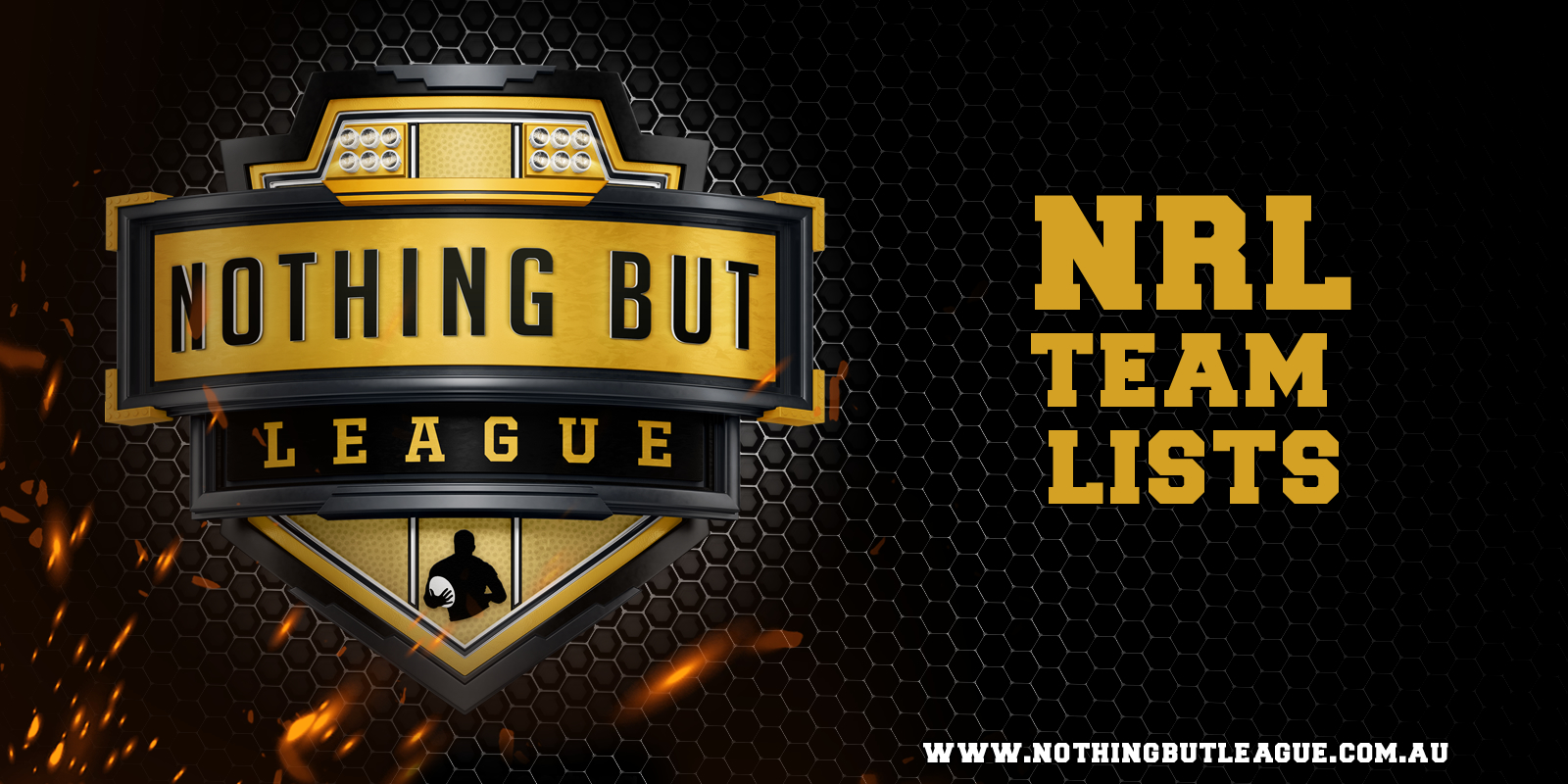“You talk about expansion, you would go where there’s a natural footprint or players, participation, audience. There isn’t that.”
(New Super League chief executive Robert Elstone, discussing the Toronto Wolfpack.)
It’s not without a strong sense of irony that I realise those words were said by millions of Canadians when it was announced that Tampa Bay, Florida, was getting a National Hockey League team in 1992. How outrageous! They don’t have any hockey players down there! They don’t even have enough facilities! There’s no history! There’s not enough players for expansion! It will be so unnatural! It will never last! What a huge mistake! They should have more teams in Canada, hockey’s heartland!
And we said those same words again when teams were placed in Miami, Dallas, and Anaheim in 1993.
And again when Phoenix, Arizona started play in 1996. And Carolina in ’97. Then Nashville (’98), Atlanta (’99), and most recently Las Vegas in 2017. Some even gloated a little when Atlanta ‘failed’, and ended up moving to Winnipeg, Canada, where the team has since thrived, yet all the rest of the teams mentioned are still there. Some doing very, very well.
A small, six-team league in a narrow geographical area in 1967 is now a 31-team league that covers four time zones across North America, spread literally thousands of kilometres apart. When the Vancouver Canucks visit the Florida Panthers, it’s potentially eight hours of travel to go the three time zones and 4500 km distance.
The very issues and concerns raised by RFL expansion to Canada have some similarities to NHL expansion in the southern US.
And now for something completely different
But comparisons between the two leagues have some serious limits. Expansion in North American sports has a long history, with far more successes than failures. With rugby league, the opposite is true. Hockey players expect to spend a couple of weeks at a time on the road, while rugby league athletes might be able to sleep in their own bed after an away game. Crossing a border to play in another country is the norm in North American sports, and has been for a long time, but it’s definitely not had a long history in England. And rugby league players end their careers with more of their own teeth.
If you can’t say something nice…
Another key difference is that the chief executives of North American leagues would never taint the airwaves with public doubts and criticisms, casting aspersions on a team, its owner, or its potential longevity. Robert Elstone discussed Toronto Wolfpack owner David Argyle, saying “We are ultimately backing the intentions and actions of one individual. His actions to date have been positive. His intentions have been great today but we can’t be certain they are going to be great in five years’ time.” Does he feel the same way about all the other team owners? Can he say with certainty that he knows what their actions and intentions are now, and will be in five years’ time? Comments of this nature are perceived as not only negative, but detrimental to the growth and success of the sport. If someone described their marriage in these terms, we would all predict a break up within a few years. A healthy skepticism is one thing, but airing doubts in public undermines confidence.
Sincere, or scheming?
Neil Hudgell of Hull KR, a Super League team that theoretically runs a risk of being displaced from the top-tier, says he has concerns around maintaining the integrity of the game with the Wolfpack’s inclusion. Scheduling, visas, and weather have been raised as potential problems, with his feeling that Toronto hasn’t been given the necessary due diligence prior to starting play in 2017. But how much stock should one place in comments coming from a team that has a vested interest in Toronto not being promoted? These are legitimate concerns being raised, but when coming from some sources it smacks of salting the ground.
Ask for directions
When facing questions and concerns, however, it’s a conceit found everywhere that one’s problems are unique, and that solutions must be found from within. Rarely, it seems, are external sources examined for potential answers. But that is exactly what the RFL, and Super League, need to do. Here are some of the issues raised, and some possible reference points for those in the position of finding solutions.
Visas and Electronic Travel Authorizations
There are 17 different nationalities represented in the National Hockey League, crossing the border between Canada and the United States frequently. Still more are in both Major League Baseball and the National Basketball Association. Believe it or not, they’re not all choirboys in these leagues. So how exactly do they manage to get electronic travel authorizations, or visas for those who need them? The RFL need to pick up the phone and find out. Ask. Talk to the league offices, the teams, the people who are currently doing it successfully. Stop trying to reinvent the wheel. Determine the process they follow, and how can it be applied.
Visa myths
Each season the Toronto Wolfpack spend around $130,000 (Cdn) to get travel permits for players. In an article by Steve Mascord, Brian Noble was quoted as saying “One of the myths recently has been about the visas being difficult to get. It’s not true. I know that for a fact. I know about the circumstances around all of those and if you fill in the forms right, pretty much everyone gets to be over here.” Yet the allegations and rumours persist, fueled by statements from teams who haven’t yet been through the process and fear the worst.
These statements have actually had a surprisingly positive result, with the Canadian High Commission in London stepping in going forward to aid in providing visas, helping things run more smoothly. It’s rather sad, however, that League 1 and Championship sides went through the process and were essentially ignored, until two Super League teams ‘discovered’ this potential problem and it suddenly assumed frightening proportions.
For those who have prior convictions on their records preventing travel, that’s hardly the fault of the destination. Sign a player with a record, and know that they might have some trouble crossing borders, or it’s going to take the team some extra effort to get permission. But again, find out how players in similar circumstances in other leagues have been granted permits.
Sample convictions that may temporarily prevent entry to Canada
| Assault | DUI / DWI (Impaired driving) | Resisting arrest |
| Battery | Failure to appear | Robbery |
| Breaking and entering | Fraud | Sexual assault |
| Burglary | Hate crimes | Shoplifting |
| Child abuse | Hit and run | Stalking |
| Cyber bullying | Identity theft | Theft |
| Disorderly conduct | Indecent exposure | Vandalism |
| Domestic violence | Possession of stolen property | Weapons violations |
| Drug trafficking / possession | Probation violations | Whingeing / whinging |
Knowledge is power
Due to the current visa process used by many teams, a perceived advantage for Toronto is that they know the players they will be facing well in advance, but the opponent doesn’t find out Toronto’s team until closer to match day. It’s so easy to solve this it’s almost painful to have to say it: Share the team lists at the same time. Boom. Problem solved. Next!
Scheduling
Some people manage to work up quite a head of steam demanding that Toronto be forced to play home and away matches, in the name of ‘fairness’. It’s not fair, apparently, that all Toronto’s opponents have to play two days after a flight, while Toronto is well rested. Instead, they want Toronto to play home and away, such that every Wolfpack match would be a couple of days after a flight. Somehow, that’s fair in their minds. But this doesn’t have to be an either/or situation. A middle ground can be found. Sadly, the idea that some sort of compromise could be reached is anathema to some in rugby league, ruining the ‘integrity’ of the fixtures, or the history of the game. “That’s not how we do it!”
A game of two halves
Let’s take a step back, however, and dispel a couple of mistaken beliefs. First, none of the Toronto players, or their families, or fans of the Wolfpack want the season played in two halves as it was this season. Nobody is asking for that. Barring the unusual circumstances of this season, we can put that idea to bed.
Home and Away? Or something practical instead?
Second, not every team in the Super League or Championship has a perfect home and away schedule. Some have a few blocks of two. Some have even more games at home or on the road in sequence. So the idea that a home-away schedule is sacrosanct is poppycock.
Even so, why is this such a concern? From a Canadian perspective, considering the proximity of so many rugby league teams in the UK to each other, a lot of ‘away’ fixtures in England are essentially what we would consider ‘home’. For some players on English teams, it’s closer to get to away grounds, based on where they live.
Demanding that every team play an alternating home and away schedule seems fair on the surface, until one considers that Toronto would require one full day of travel including a seven hour flight before all 23 of their matches, while other teams would do that twice – once to go to Toronto, and once when they return. A one hour drive (or less) on the M62 hardly compares . Should every team spend the same amount of total time over a season travelling to and from matches? That could be groundbreaking. Or completely unnecessary and risible.
https://www.ontheforecheck.com/2017/6/27/15881964/nhl-travel-miles-the-2017-18-super-schedule
http://mlb.mlb.com/schedule/interactive-team-map.jsp
Small blocks or even pairs
Go into a hypothetical future league, where an English team’s schedule is Home – Toronto (Can) – Home – Toulouse (Fr) – Home – Boston (US) – Home – Hamilton (Can) – Home – Catalans (Fr) – Home – New York (US) – Home. That’s an onerous fixture list for travel. Might even get UK supporters to understand why North Americans only attend home games in sports, with visits to away venues an unusual occurrence.
It would make a lot more sense to run blocks of two games to the same area. Fly to New York to play, stay the week, play Boston, then fly home. Any supporters who were able could have a week’s holiday and see two matches. Insistence on home and away scheduling seems silly in light of this scenario, and the demands for it currently seem pretty impractical to sports fans in North America.
You’ll never please everyone
As long as there are teams in different locations, there will never be the perfectly equal schedule that pleases everyone. So why not sit down and talk about how to make it as equal as possible? For a league with such a long history of innovation and change, to suddenly refuse to look at other options seems rather hypocritical. Why not ask the NRL how the teams based in New Zealand fit? Find out how the Canadian Women’s Hockey League, with teams in Canada, the US, and China manage their scheduling. American college football with teams based in Hawaii might have some useful experiences. For an extreme example, the KHL (Kontinental Hockey League) has 25 teams ranging from Slovakia and Finland to Beijing, and running all across Russia. So many sources of ideas are out there, provided people are willing to look, and keep an open mind.
Newsflash: It’s sometimes cold and might snow in Toronto
Seriously? The Super League is only just now figuring out that the weather here is a little, shall we say, different? Look at climate records for the Toronto area, and you’ll find most years games could be played through April, and sometimes in March.
https://weatherspark.com/m/19863/4/Average-Weather-in-April-in-Toronto-Canada
There are years, like 2018, when this is not the case, but May through October are fairly reliable, even into November. The climate should not be a surprise at this point. Again, having people actually sit down, face to face, to calmly discuss the matter and how to go forward is a far better way of dealing with it than complaining about the alleged risks to the integrity of the game in the media. An early block of away games for Toronto seems the simplest solution, but rugby league has changed seasons in the past, so would they be willing to consider moving the start of the season again? Not just for Toronto, but for other potential expansion teams, and even to reduce the chance of winter weather postponing games in the UK, as happened this year.
So much potential
This is not an exhaustive list by any means, simply a selection to showcase the idea that answers are already out there, as long as people want to find a solution. It’s easy to put up roadblocks, claim that the situation is unworkable, and simply walk away. But the potential for the sport makes one think that this is worth the effort.







